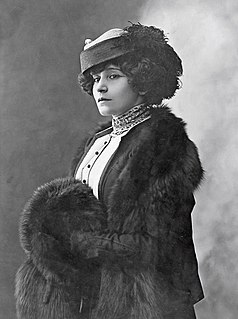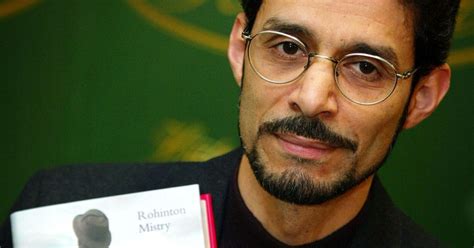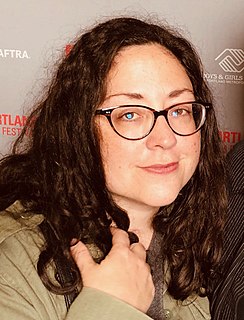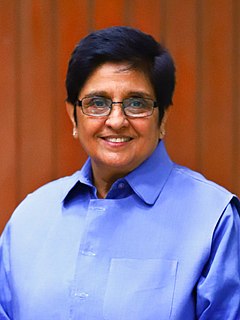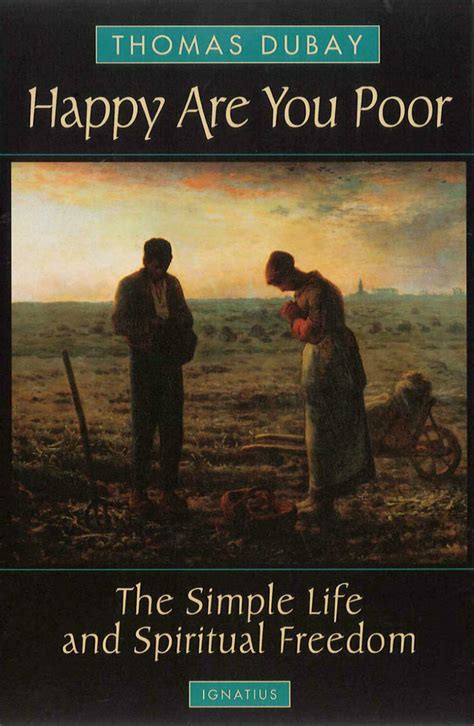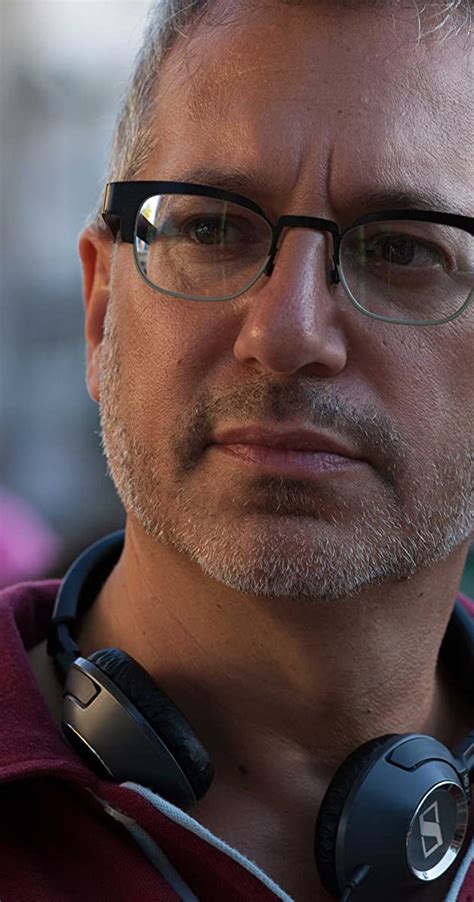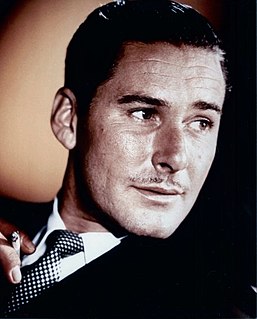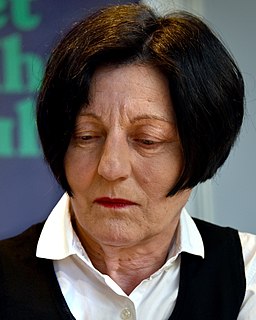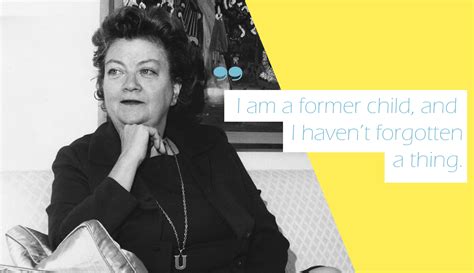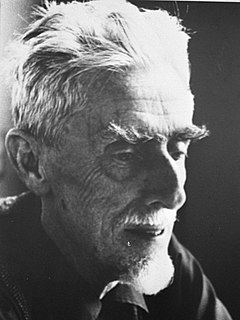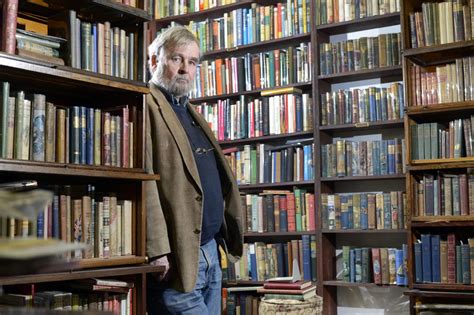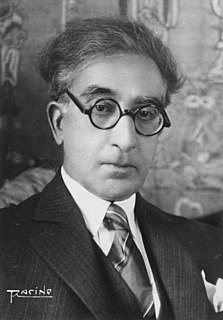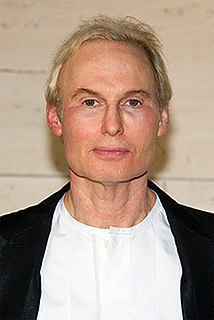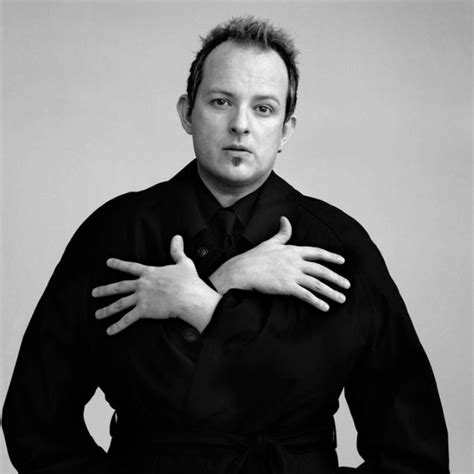Top 1200 Five Senses Quotes & Sayings - Page 2
Explore popular Five Senses quotes.
Last updated on November 25, 2024.
There is a drowsy state, between sleeping and waking, when you dream more in five minutes with your eyes half open, and yourself half conscious of everything that is passing around you, than you would in five nights with your eyes fast closed, and your senses wrapt in perfect unconsciousness. At such time, a mortal knows just enough of what his mind is doing, to form some glimmering conception of its mighty powers, its bounding from earth and spurning time and space, when freed from the restraint of its corporeal associate.
Too much apparatus, designed to guide us in experiments and to supplement the exactness of our senses, makes us neglect to use those senses...The more ingenious our apparatus, the coarser and more unskillful are our senses. We surround ourselves with tools and fail to use those which nature has provided every one of us.
Speak not of guilt, speak not of responsibility. When the Regiment of the Senses parades by, with music, and with banners; when the senses shiver and shudder, it is only a fool and and an irreverent person that will keep his distance, who will not embrace the good cause, marching towards the conquest of pleasures and passions. All of morality's laws - poorly understood and applied - are nil and cannot stand even for a moment, when the Regiment of the Senses parades by, with music, and with banners.
And you can put your total energy for the inner eye. The outside eyes are wasting eighty percent of energy - it is the major part. Man has five senses, eighty per cent is taken away by the eyes and only twenty per cent is left for the other four senses. They are very poor people, those four. Eyes are very rich, they have monopolised the whole thing; hence it is good - eighty per cent energy is saved - and that can be immediately used for witnessing, for seeing your inner world. hence in the East we call a person who is blind 'pragyanshakshu' - this word is untranslatable.
Science is empirical, all about physical senses that tell us about the world. But physical senses are not the only senses we have. Nobody has ever seen a thought. Nobody has ever seen a feeling. And yet thoughts and feelings are where we live our lives most immediately, and science cannot connect with that.
Why all this insistence on the senses? Because in order to convince your reader that he is THERE, you must assault each of his senses, in turn, with color, sound, taste, and texture. If your reader feels the sun on his flesh, the wind fluttering his shirt sleeves, half your fight is won. The most improbable tales can be made believable, if your reader, through his senses, feels certain that he stands at the middle of events. He cannot refuse, then, to participate. The logic of events always gives way to the logic of the senses.
All men naturally desire knowledge. An indication of this is our esteem for the senses; for apart from their use we esteem them for their own sake, and most of all the sense of sight. Not only with a view to action, but even when no action is contemplated, we prefer sight, generally speaking, to all the other senses. The reason of this is that of all the senses sight best helps us to know things, and reveals many distinctions.



